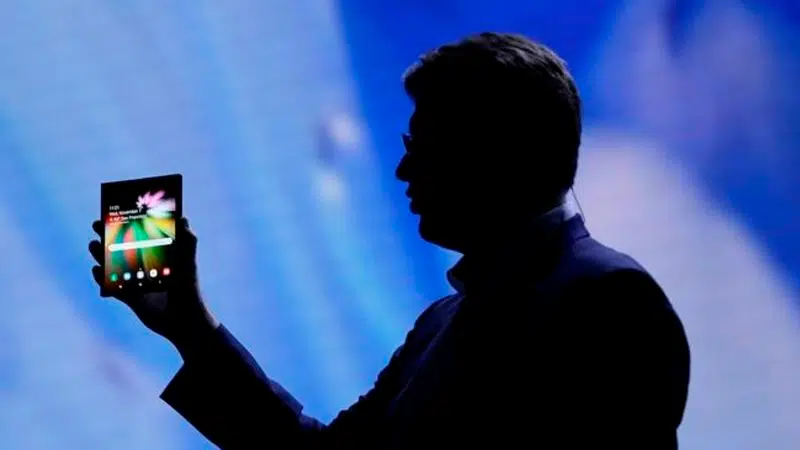
Samsung folding phone is different – but also almost $2,000
SAN FRANCISCO — Samsung unveiled a highly anticipated smartphone with a foldable screen in an attempt to break the innovative funk that has beset the smartphones market.
But it’s far from clear that consumers will embrace a device that retails for almost $2,000, or that it will spark the creative renaissance the smartphone market apparently needs.
The Galaxy Fold, announced Wednesday in San Francisco, will sell for $1,980 when it is released April 26.


